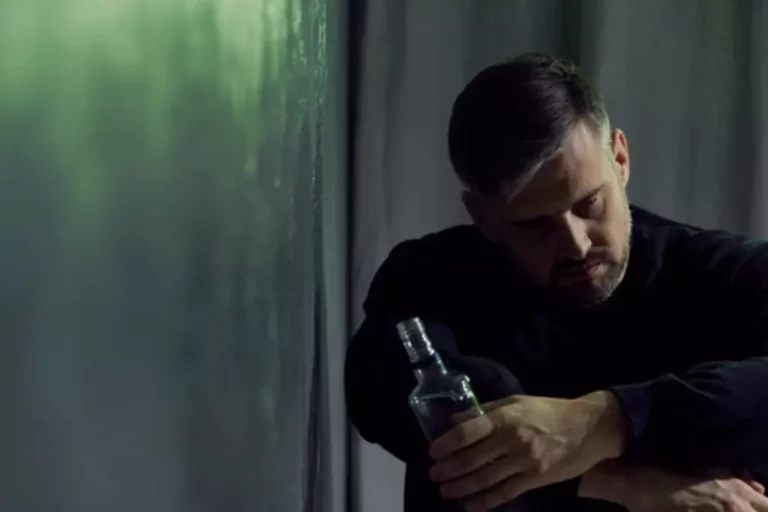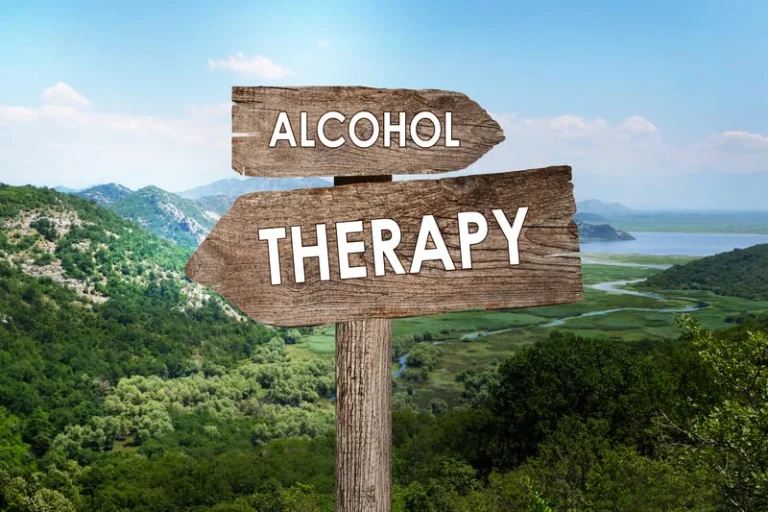
People who attend meetings frequently and consistently may see better results than those who only attend occasionally. For more on the research into AA and the 12 steps, read Vox’s explainer. And since it’s only one study, it’s possible that the results were biased in some other way. Choosing recovery close to home means your support system is just a few miles away.
Decoding The Principles Behind Reducing Alcohol-Related Harms
These groups are scheduled gatherings of people who want to overcome their alcohol abuse issues and develop healthier habits. The meetings might be online or in person, and a group facilitator often guides participants through discussions or activities. Alcoholics Anonymous (AA) is a faith-based program that has helped many people overcome their excessive drinking habits since the 1930s.
Secular Organization for Sobriety

Alcohol counseling sessions are run by professionals who have an educational background or training in handling addiction. A counselor might use cognitive-behavioral therapy or other clinical approaches to help you cope with your substance abuse issues. As the name implies, peer support groups involve meeting with other people who are either coping with alcohol abuse and addiction or have overcome it.
- And others have the goal to quit drinking, but don’t find other aspects of AA to align with their values.
- Alternative and holistic therapies may, however, be included as part of a person’s overall treatment program.
- Alcohol.org is a subsidiary of AAC, a nationwide provider of addiction treatment facilities.
- Secular Organizations for Sobriety, on the other hand, emphasizes an individual’s ability to map out his/her own path to abstain.
- If AA doesn’t appeal to you, or you want to engage with additional mutual help groups, you can explore the following options.
How to choose a peer support group for alcohol addiction

In these cases, several alternatives to Alcoholics Anonymous are available. American Addiction Centers (AAC) is committed to delivering original, truthful, accurate, unbiased, and medically current information. We strive to create content that is clear, concise, and easy to understand. WFS provides a gender-specific support system for encouragement and growth for women in recovery.
Smart Recovery emphasizes psychoeducation and the development of self-management tools, so some people find the sessions to be slow-moving and repetitive. Still, the results of a 2018 study suggest that SMART might be just as effective as 12-step groups. AA meetings are free to attend and regularly held in community spaces, such as churches and treatment centers. Also known as TLC, The Luckiest Club is an online recovery community where members get access to daily sobriety meetings, a members-only forum, monthly workshops and group coaching with trained leaders.

Why 12-Step Alternatives are Important
Rigorous studies are needed to investigate how participation in religiously-affiliated mutual help organizations affects alcohol and other drug outcomes over time. Non-12-step mutual-help organizations are often called “secular” mutual-help organizations given their intentional focus on non-spiritual aspects of addiction recovery. The notable, though what does aa stand for alcohol modest, growth of secular mutual-help, coupled with the need to identify alternatives to 12-step mutual-help, has led to increased attention paid to these organizations in communities and clinical programs. Co-occurring disorders can include conditions like depression or anxiety, which can worsen substance abuse and make it harder to seek help.
- This method can be appealing if you don’t identify as severely addicted but still need help managing your relationship with alcohol.
- This level is divided further into levels 3.1, 3.3, 3.5, and 3.7, depending on your needs.
- Sobriety coaches work with clients to reduce or stop their drinking, often using CBT techniques like motivational interviewing (MI).
- The sessions can ultimately help you create a recovery plan with actionable steps.
- SMART (Self-Management and Recovery Training) is a mental health, and educational program focused on changing human behavior.
- Level 3.1 offers 24-hour low-intensity treatment for both adults and adolescents in a residential setting like a big house in which multiple people live.
Recovery Support

Alcohol recovery programs provide excellent support for alcoholism issues and increase your chances of long-term sobriety. AA has more than 2 million members worldwide in over 100,000 locally supported groups. Read on to learn about alternative support groups to help you maintain your sobriety. These organizations emphasize spiritual and emotional growth as tools to cope with the difficulties that may have originally contributed to the individual’s addiction, as well as to buffer against relapse. These coping skills are also intended to produce contented sobriety and enhanced psychological well-being.

As you explore your peer support options, keep in mind that you don’t have to settle for just one path to addiction recovery. You might find that a mixed approach that combines professional treatment with different mutual help groups is best for you. With the right resources, you can achieve freedom from addiction and find a sense of community while doing so. There are a wide variety of mutual support programs available that offer different venues, locations and times of day to help you be successful on your path to recovery.